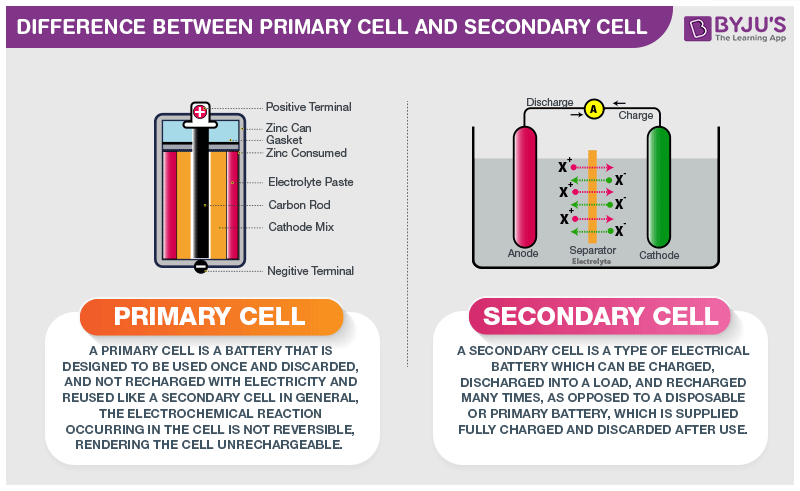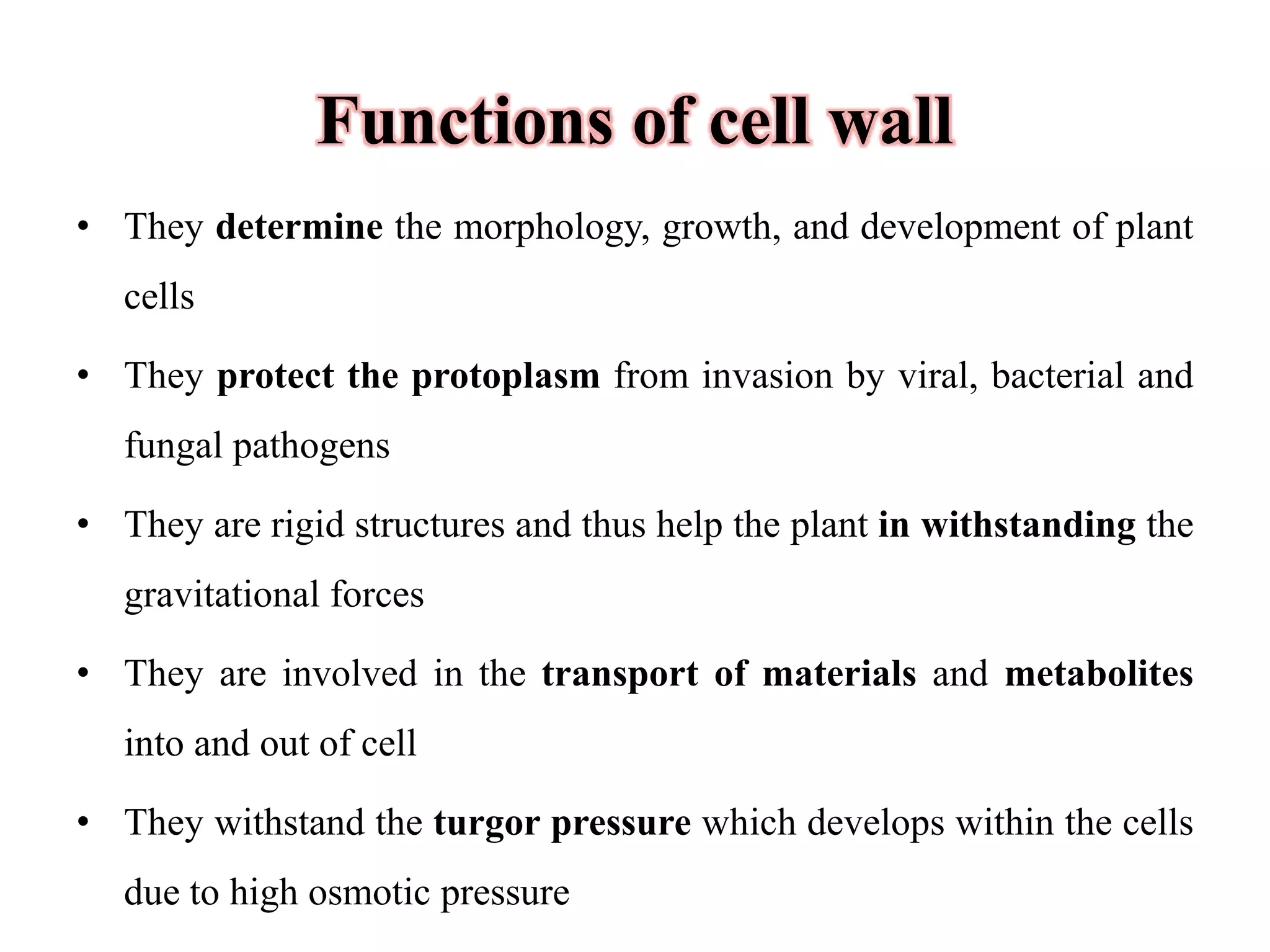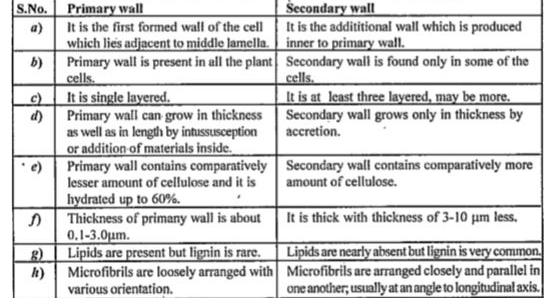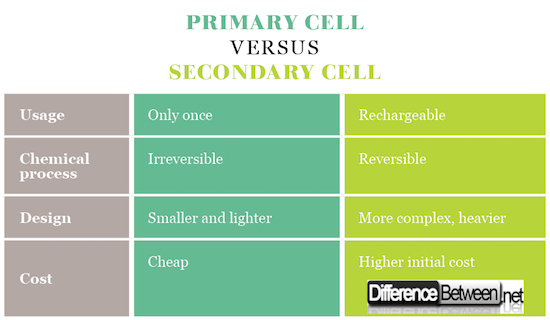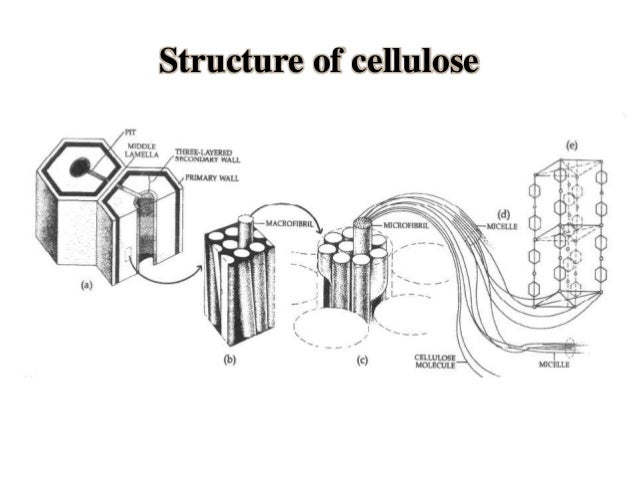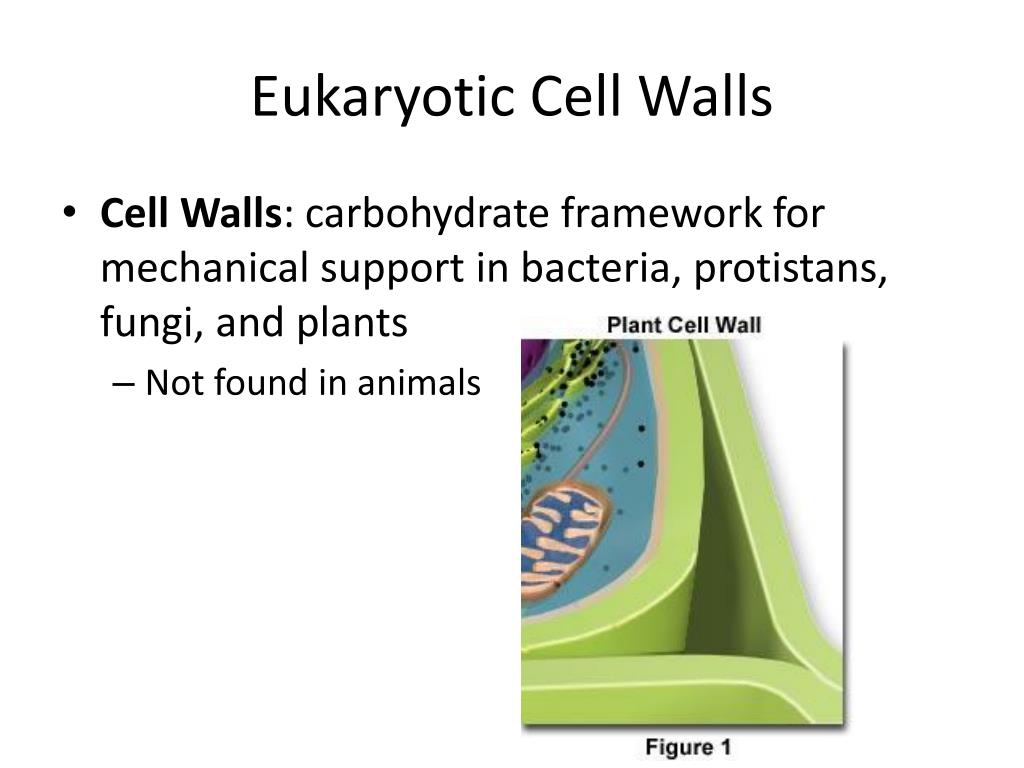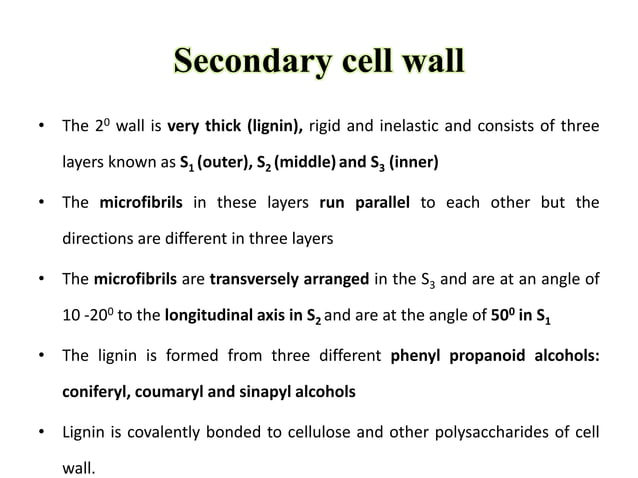Difference Between Primary Cell And Secondary Cell Wall
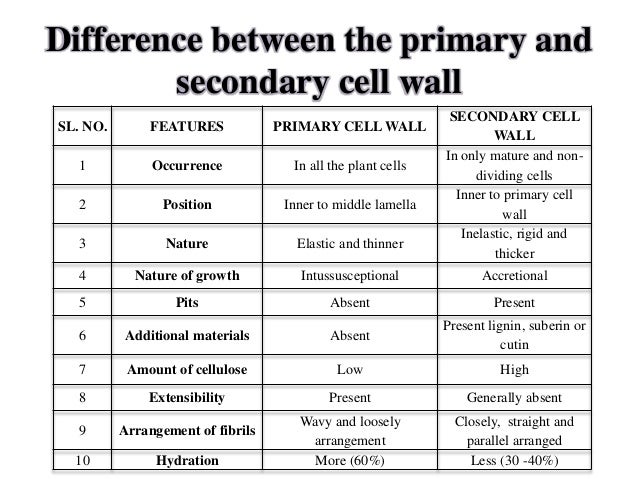
Imagine strolling through a lush garden, each plant standing tall and reaching for the sun. The secret to their steadfastness lies, in part, within their cell walls – structures that provide support and shape. But not all cell walls are created equal.
At the heart of plant rigidity is a tale of two walls: the primary cell wall and the secondary cell wall. These distinct structures contribute differently to a plant cell's life, impacting everything from growth and flexibility to structural strength and protection. Understanding their differences is key to appreciating the amazing adaptability of the plant kingdom.
The Foundation: The Primary Cell Wall
The primary cell wall is the first wall a plant cell constructs, formed while the cell is still growing. Think of it as the initial framework, designed for expansion and flexibility. It's a relatively thin and flexible layer.
Its main components include cellulose, hemicellulose, pectin, and glycoproteins. These components work together to create a matrix that allows the cell to stretch and grow.
Cellulose, the most abundant organic polymer on Earth, provides tensile strength. Hemicellulose cross-links cellulose fibers, creating a network. Pectin provides the wall with flexibility and also acts like glue binding adjacent cells together.
Growth and Division
The primary cell wall is critical during cell division and elongation. It needs to be flexible enough to accommodate the expanding cell volume. This flexibility is achieved through the sliding of cellulose fibers and the dynamic rearrangement of pectin.
According to research from the American Society of Plant Biologists, the primary wall's composition can change in response to environmental cues. This allows the plant to adapt its growth pattern as needed.
Adding Strength: The Secondary Cell Wall
Once a cell has stopped growing, some plant cells deposit a secondary cell wall inside the primary cell wall. This adds an extra layer of strength and rigidity, transforming the cell from a growing, flexible entity into a specialized, supportive structure.
Unlike the primary wall, the secondary wall is much thicker and stronger. It's composed of cellulose, hemicellulose, and lignin.
Lignin is a complex polymer that provides exceptional rigidity and impermeability. Its presence is the key differentiator between primary and secondary walls.
Structural Support and Specialization
The secondary cell wall is primarily found in cells that provide structural support, such as those in wood and vascular tissue. These cells need to withstand significant forces and provide pathways for water and nutrient transport.
The secondary cell wall provides compression strength, a trait essential for trees and other plants that need to withstand their own weight and external pressures. In xylem cells, for example, the secondary wall is heavily lignified to prevent collapse during water transport.
Key Differences Summarized
In essence, the primary cell wall is for growth and flexibility. It is made up of cellulose, hemicellulose and pectin.
The secondary cell wall is for strength and support. It’s composition includes cellulose, hemicellulose, and lignin.
The primary wall is present in all plant cells, whereas the secondary wall is only present in specialized cells.
A Dynamic Duo
The primary and secondary cell walls represent a remarkable example of plant adaptation. Together, these walls allow plants to grow, thrive, and adapt to a wide range of environments.
From the delicate petals of a flower to the towering trunk of a redwood, the story of these two walls is interwoven into the very fabric of plant life.
Next time you admire a tree or a garden, remember the intricate dance of these cellular structures that make it all possible. It's a testament to the ingenuity of nature and the power of subtle differences that create a world of wonder.
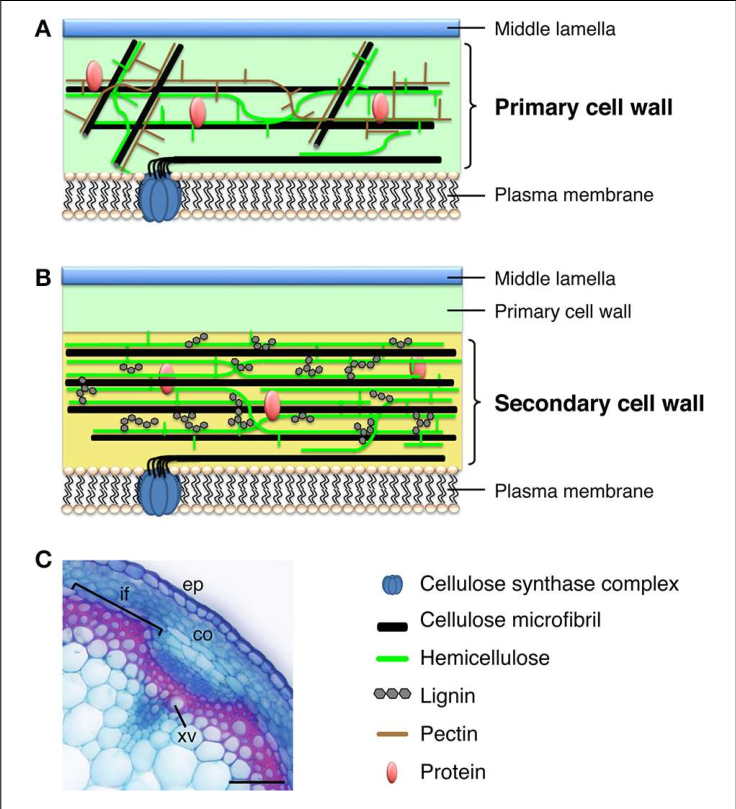
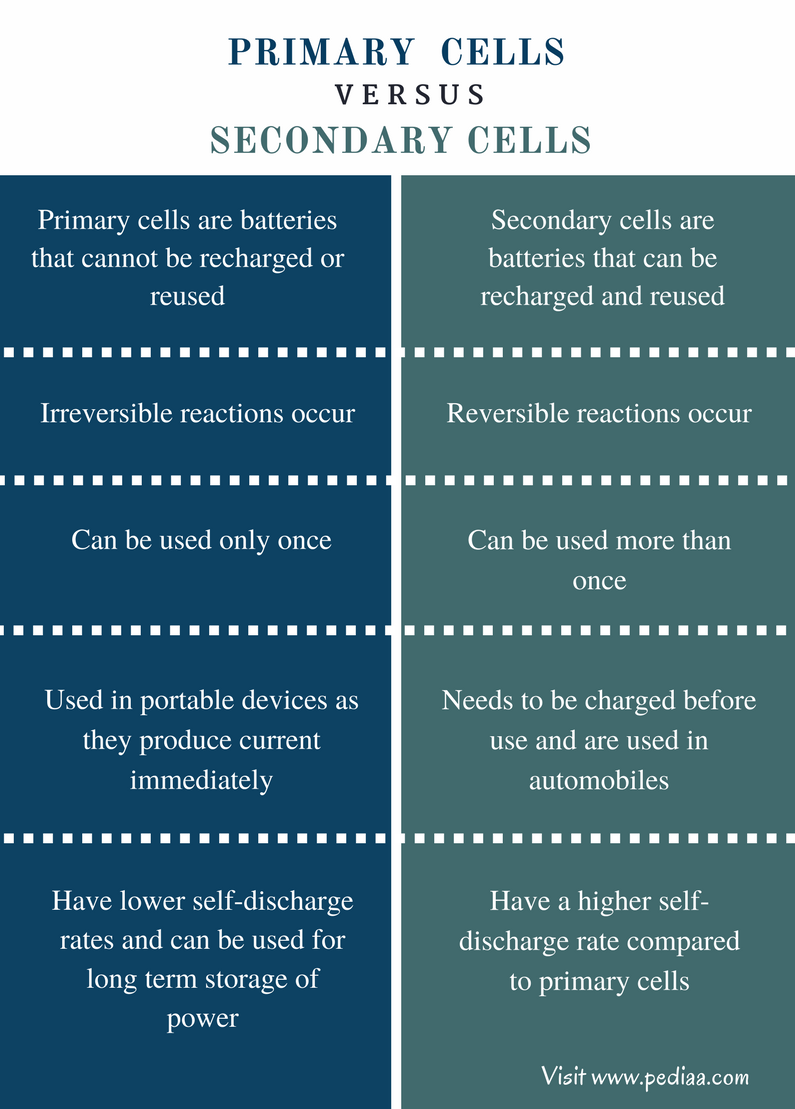


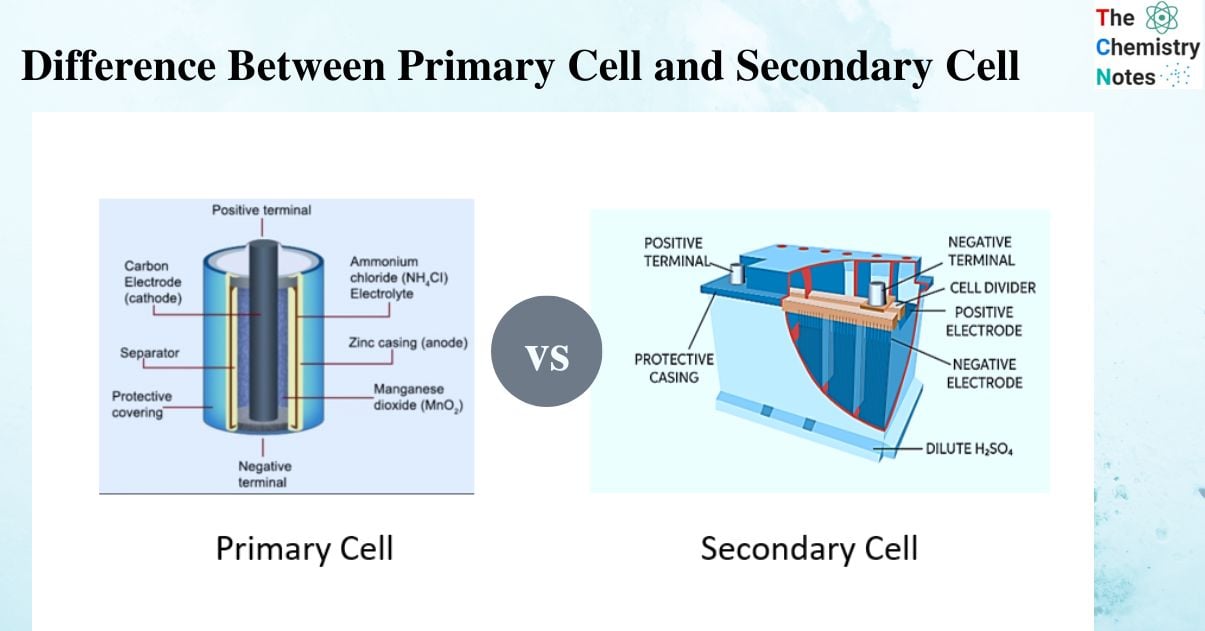
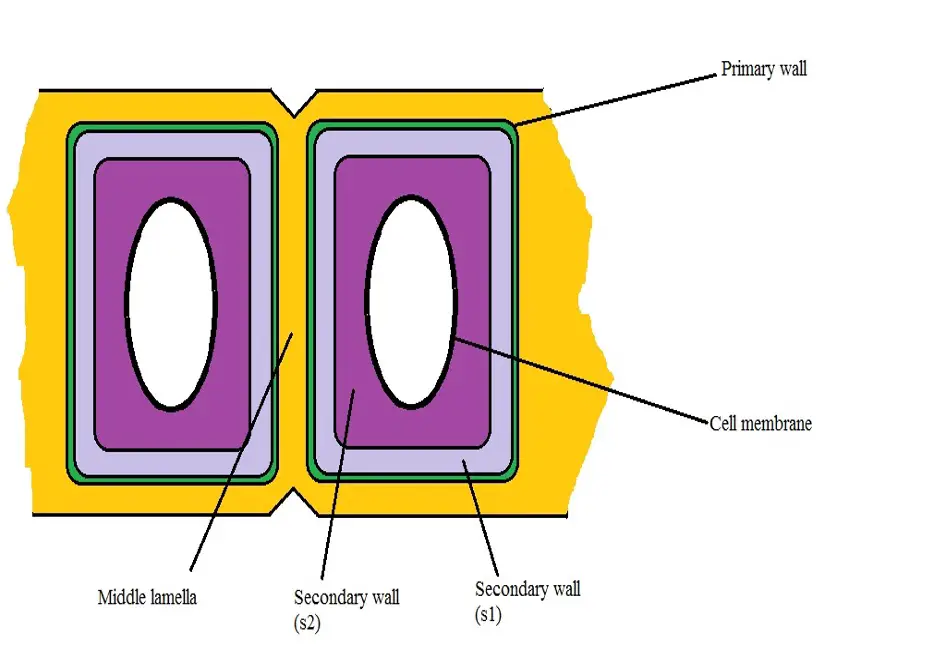
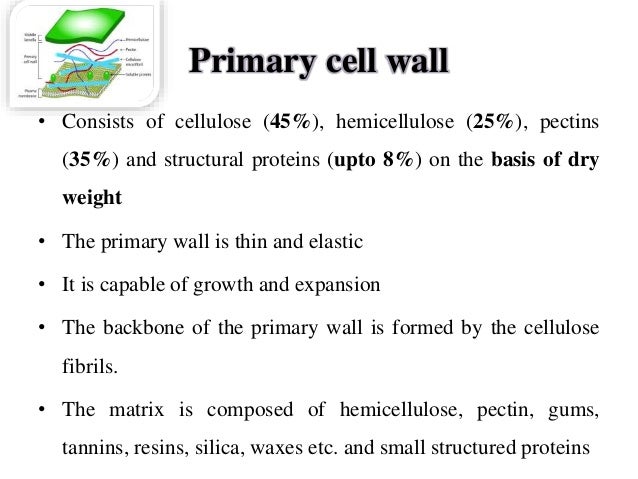
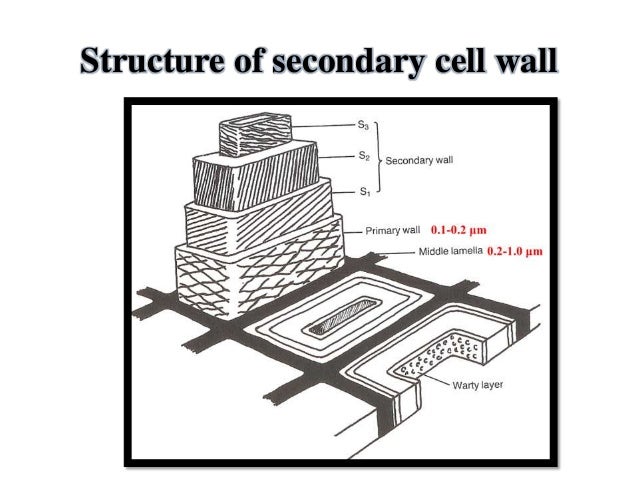
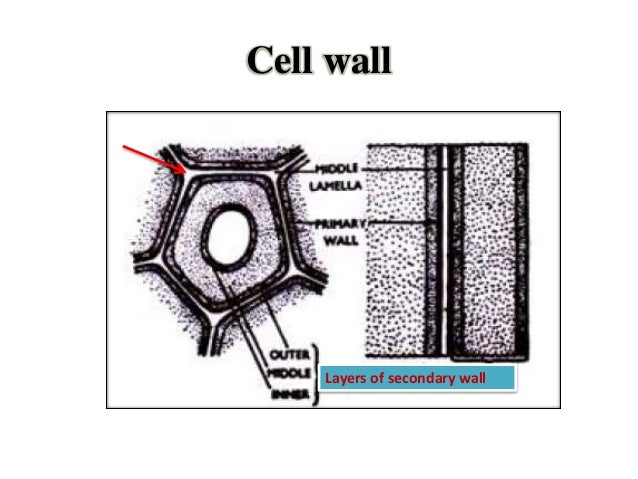
.jpeg)
